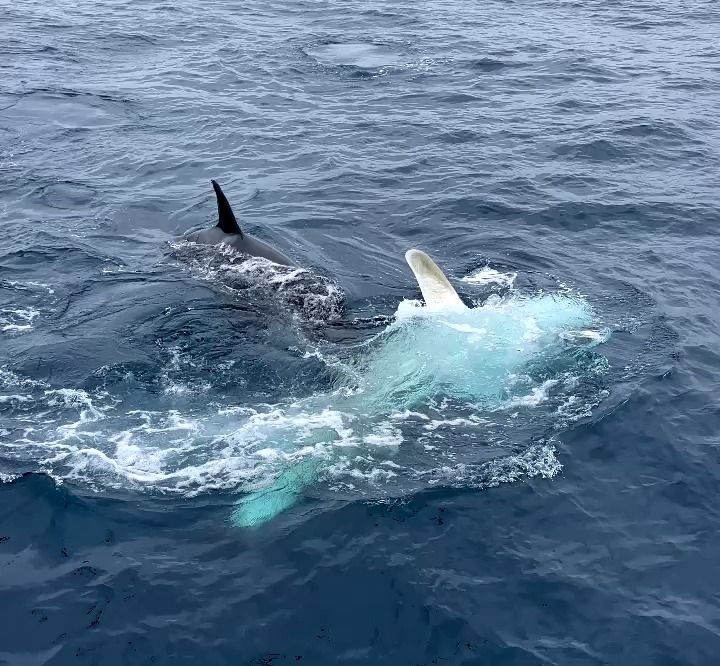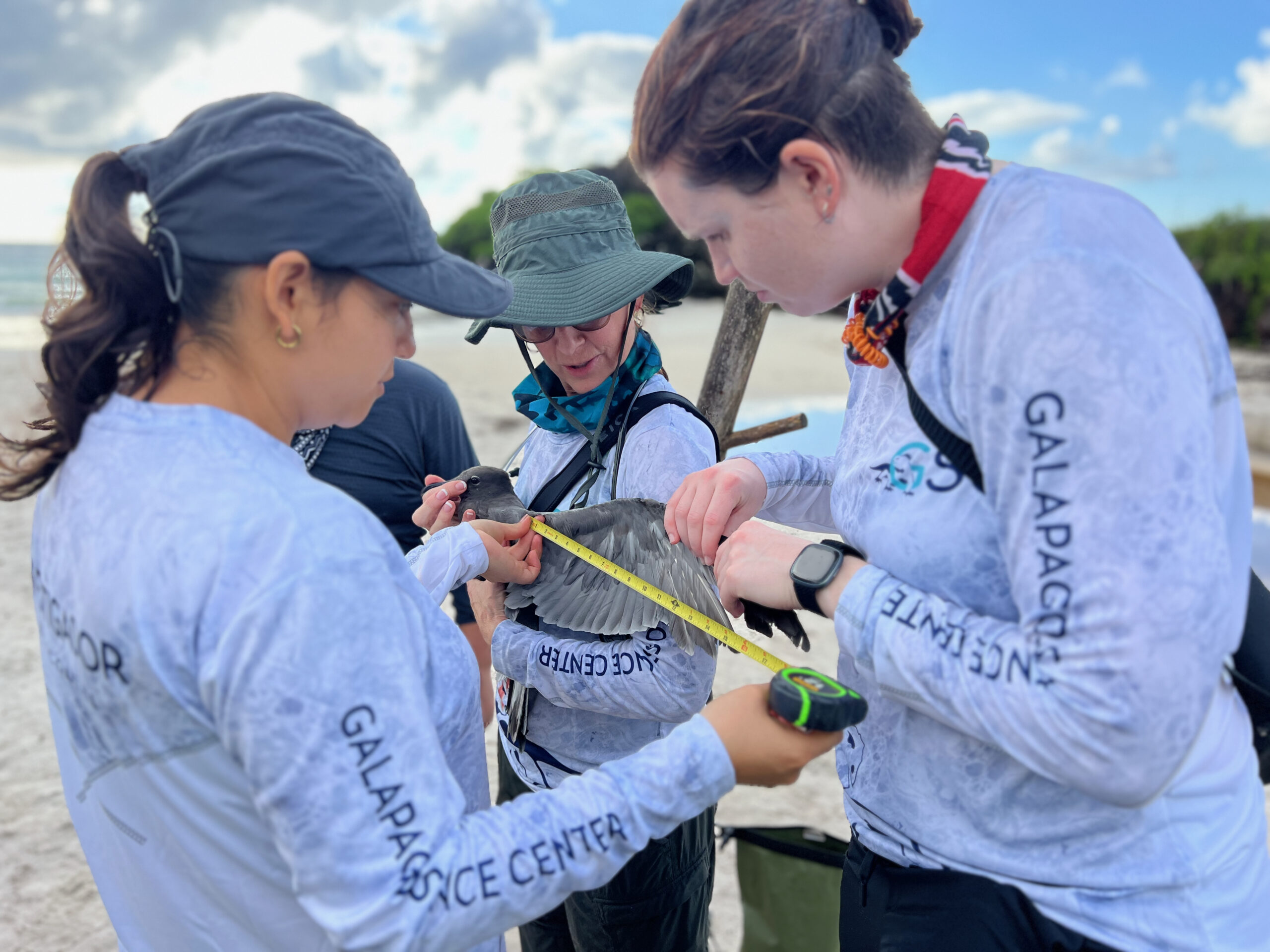- Pieter Van ‘t Hof, Diana Pazmiño, Daniela Alarcón y Juan Pablo Muñoz, profesores de la Universidad San Francisco de Quito e investigadores del Galápagos Science Center (GSC), se embarcarán en la expedición Darwin200, contribuyendo con tres de las onces investigaciones que se realizarán en las Galápagos para estudiar y socializar los impactos del calentamiento global en el Archipiélago, el estado de conservación y salud de la naturaleza.
- Darwin200 y el Galapagos Science Center colaborarán estrechamente del 14 al 17 de mayo para expandir las observaciones de Darwin y abordar desafíos ambientales mediante investigación y acciones de conservación conjuntas.
- La Universidad San Francisco de Quito (USFQ) organiza charla presencial y vía Zoom el viernes 17 de mayo en su sede de la Isla San Cristóbal, Galápagos, para abordar la importancia de involucrar a la comunidad local en los esfuerzos de conservación para garantizar el desarrollo sostenible de la región.
- Sara C. Darwin, tataranieta de Charles Darwin, quien ya completó su doctorado sobre los tomates endémicos de Galápagos, regresa a las islas para muestrear los tomates de la región como parte de la expedición Darwin200.


Durante su estancia en las Galápagos, se llevarán a cabo diversas actividades en colaboración con cuatro profesores de la USFQ e investigadores del GSC. Pieter Van ‘t Hof, profesor de biología, liderará un proyecto sobre el microbioma asociado a hojas y raíces del tomate endémico de Galápagos en conjunto con Sarah C. Darwin y Hanna Hogenboom. Diana Pazmiño se enfocará en el estudio de las zonas de crianza de varias especies de rayas y tiburones de las islas, con la colaboración de Alfredo Salazar. Por su parte, Daniela Alarcón y Juan Pablo Muñoz trabajarán en la ecología de las tortugas marinas, centrándose en la tortuga carey, en un proyecto junto a Itamar Da Silva Santana. Estas colaboraciones no solo destacan la unión entre científicos, sino que también ofrecen una visión más amplia del impacto del cambio climático en la biodiversidad de la región, abordando aspectos como el microbioma del tomate endémico, las áreas de cría de tiburones y rayas y la ecología de las tortugas marinas.

El lunes 29 de abril, el equipo Darwin200, liderado por Rolf Schreuder y compuesto por 4 líderes investigadores y 3 miembros del equipo audiovisual, visitó el GSC. Naia Andrade, estudiante de la USFQ y realizadora audiovisual, destacó la importancia de la visita para explorar y compartir la pasión por la investigación y la conservación en Galápagos. Durante su estadía, han podido conocer las instalaciones de la USFQ Galápagos y los laboratorios del GSC, impresionados por los proyectos en desarrollo. Esta visita representa una oportunidad invaluable para inspirar a más personas en la lucha contra el cambio climático y la conservación de la biodiversidad.
Los resultados de la expedición Darwin200 se documentarán en tres películas. Esta ambiciosa travesía promete generar un contenido de gran relevancia, tanto para la comunidad científica, como para los entusiastas de los desafíos ambientales, al fomentar la colaboración en investigación y conservación.
Más información sobre Darwin200, visita: www.darwin200.com






